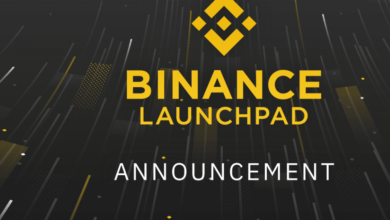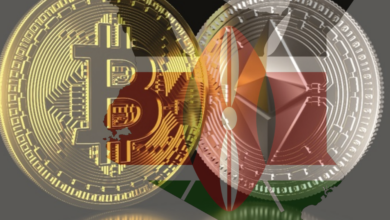Buy Ferrari Payment in Bitcoin

Ferrari Embraces Bitcoin for Luxury Car Payments in the U.S., Eyes European Expansion
In a bold move, luxury carmaker Ferrari (RACE.MI) has ventured into the world of cryptocurrency, allowing its affluent clientele in the United States to purchase their coveted sports cars using digital currencies. This groundbreaking initiative, catalyzed by demand from crypto-savvy customers, will soon expand to the European market.
While most major corporations have remained cautious about cryptocurrencies due to the notorious price volatility of assets like Bitcoin, Ferrari is charting its course into this uncharted territory. The widespread concerns surrounding patchy crypto regulations and the considerable energy consumption of digital currency mining have deterred many from adopting crypto payment systems.
Notably, electric vehicle pioneer Tesla (TSLA.O) took a similar step in 2021 by accepting Bitcoin as a form of payment, but this practice was discontinued by CEO Elon Musk due to environmental worries.
However, Ferrari is determined to address these environmental concerns associated with cryptocurrencies. Enrico Galliera, Ferrari’s Chief Marketing and Commercial Officer, shared that the crypto community has actively worked on reducing its carbon footprint through innovative software and a greater reliance on renewable energy sources. He also reaffirmed the company’s commitment to achieving carbon neutrality throughout its value chain by 2030.
Cryptocurrency for Luxury Cars
This strategic move was primarily driven by market demand, with many of Ferrari’s clients showing a keen interest in cryptocurrency. Galliera mentioned that their clientele includes a mix of young investors who’ve amassed fortunes in the crypto space and more traditional investors looking to diversify their portfolios.
While some cryptocurrencies, like Ethereum, have made significant strides in energy efficiency, Bitcoin, as the largest and most recognized cryptocurrency, continues to face criticism for its energy-intensive mining operations.
Ferrari’s Drive into the Future: Cryptocurrency Now Accepted for U.S. Car Sales
Ferrari, a company that shipped over 1,800 cars to its Americas region in the first half of this year, is optimistic about this crypto venture. Galliera didn’t specify the exact number of cars they expect to sell via cryptocurrency, but he noted that the company’s order backlog is robust, extending well into 2025.
This foray into the crypto market aims to connect with individuals who may not yet be Ferrari clients but have the financial means to make that dream a reality.
BitPay Partnership
Ferrari has collaborated with BitPay, one of the premier cryptocurrency payment processors, for its U.S. launch. This partnership enables Ferrari to accept payments in cryptocurrencies like Bitcoin, Ethereum, and USDC, a leading stablecoin. Importantly, Ferrari’s prices remain unchanged, and no additional fees or surcharges are incurred when using crypto for payments.
BitPay serves as the intermediary in cryptocurrency transactions, promptly converting the digital assets into traditional fiat currencies on behalf of Ferrari’s dealers. This approach insulates both the company and its dealers from the tumultuous price fluctuations associated with cryptocurrencies.
As part of this partnership, BitPay is tasked with ensuring that the cryptocurrency funds originate from legitimate sources, free from criminal activities such as money laundering or tax evasion. Ferrari reports that the majority of its U.S. dealers have already embraced or are on the verge of embracing this innovative payment method.
With its successful debut in the United States, Ferrari plans to extend its crypto payment scheme to Europe by the first quarter of the coming year. Subsequently, it aims to explore other regions where cryptocurrency payments are legally accepted.
Europe, the Middle East, and Africa (EMEA) are of particular interest, as they constitute the largest market segment for Ferrari, accounting for 46% of its car shipments in the first half of this year.
Interestingly, Galliera highlights that the interest in cryptocurrency-based car purchases is consistent across the United States and Europe, showing that the demand for this novel payment method knows no geographical bounds.
However, it’s worth noting that regions with cryptocurrency restrictions, such as China, will likely remain excluded from this innovative payment option.
Ferrari’s decision to embark on this crypto adventure signifies a bold step in bridging the world of high-end luxury and the digital realm. It not only reflects the evolving preferences of its customer base but also signals a new era for the automotive industry, where digital currencies play a pivotal role in high-value transactions.




